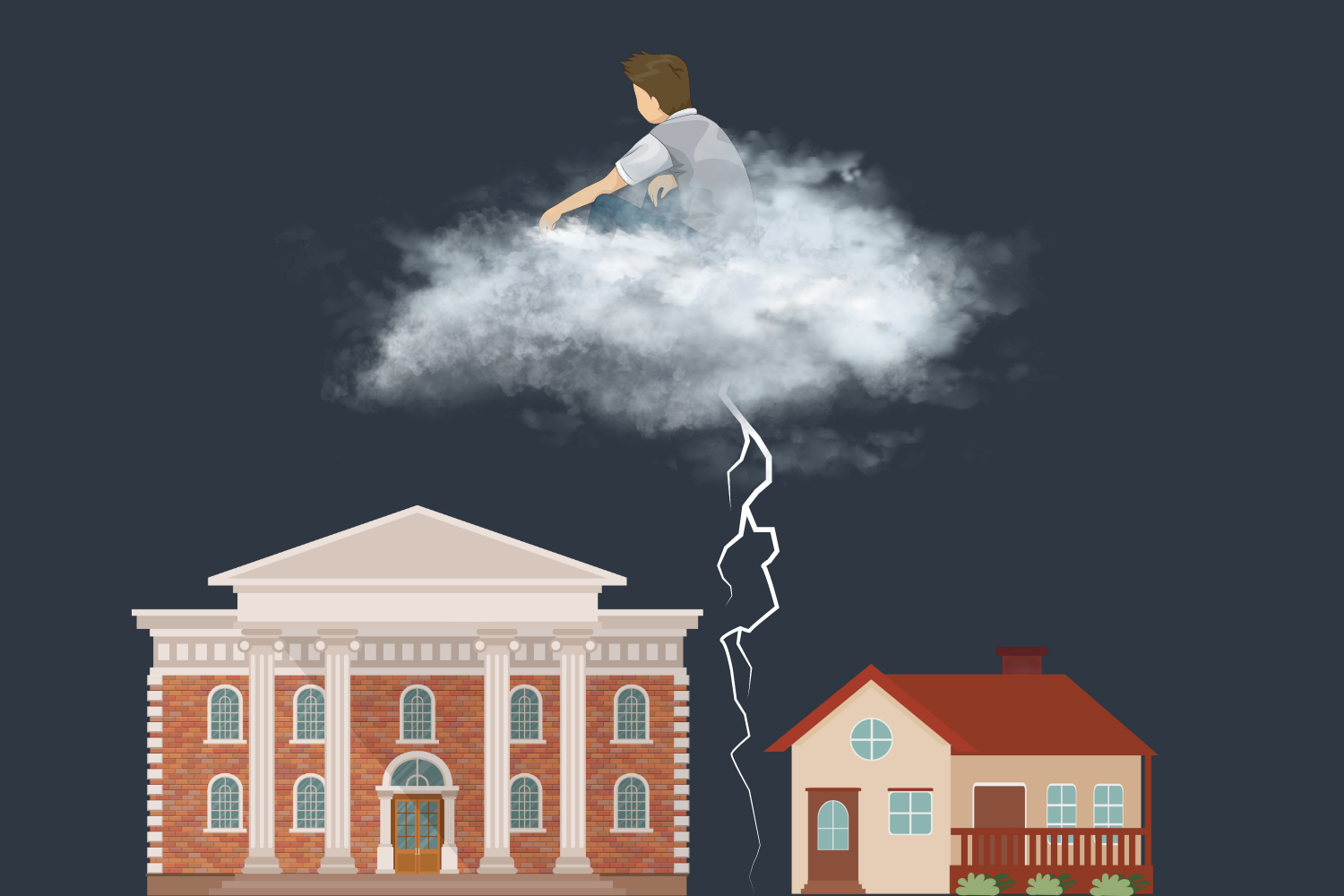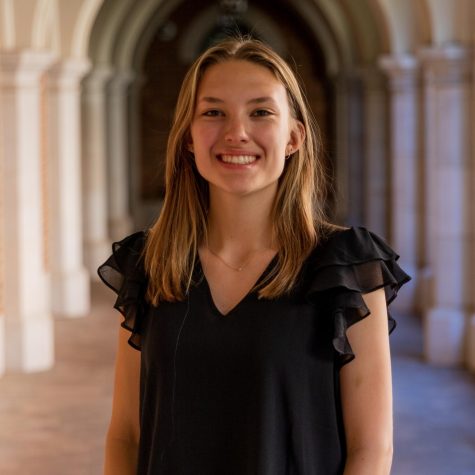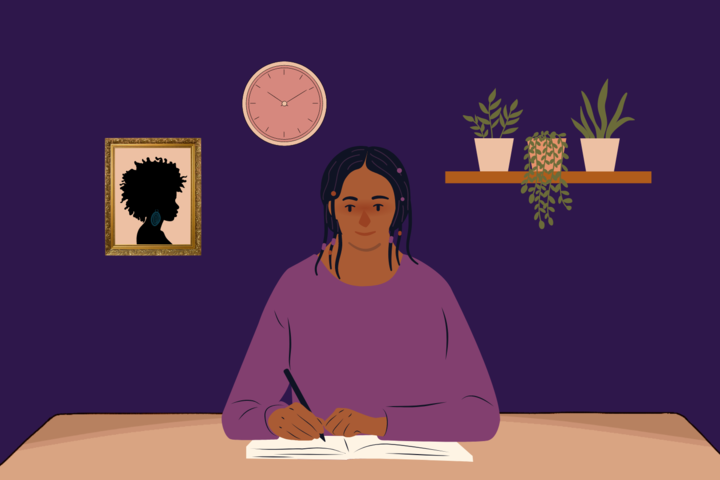Returning home from college is always a supremely comforting experience. As a sophomore, I’ve already done it many times. When I step through the door of my Denver house, it feels like nothing has changed since my pre-college days — I’m still spending time with the people I love and engaging in many of my familiar activities. Old habits and routines wind their way back into my day, and mental neighborhood maps and memories balloon back up to the surface of my awareness from where they lay dormant while I am away.
The warmth of once again being in the place that has defined my life and shaped me is pleasant and comforting, as it should be. I am returning home, after all.
At least, that was how it felt the first few times. This winter break, however, there was a noticeable shift in the feelings that typically welcomed me upon returning. I found myself acutely aware of the fact that I no longer knew my own house as well as I had before. I did not remember the garage code. It took me four tries to find the cabinet with the cooking pan that I use for my morning omelets. The painting at the bottom of the stairs had moved — and it took me three days to finally notice.
Each time I come home, there is a newfound haziness to my entire existence there during breaks. When I first arrived at college, my days on campus felt like a strange dream that I would wake up from to find myself nestled in my childhood bedroom — that has since reversed, and my time in Denver now possesses that same dreamlike quality.
A large part of this feeling stems from those small moments where it felt like something had changed or been lost, like the cooking pan and garage code. The actions that were once muscle memory now required concentration; active remembering permeated what once had the luxury of being thoughtless. I was aware that this was to be expected at some point — new, college-related information has taken priority, and I can’t blame my brain for neglecting information I’m not using anymore.
At the same time, there is a strange, uncomfortable feeling when I think about the moments when I was forced to ask my own parents where something was kept in the house or was slow to notice that a painting had moved. Although those situations seemed mundane at the time, I realized that they serve as markers of something much more ominous, something I wasn’t willing to confront before this winter. On one level, there’s the embarrassment that I forgot these things and need help navigating the place I’ve spent much of my life. But underneath the surface, there is also a quiet panic that I can immediately recall this same information about my living arrangements at college, where I spend most of my time. These facts point to a deeper truth that is quite difficult to acknowledge: this house is no longer my home.
After returning to campus, it seems like I have to confront this question at every corner and every turn. It’s quite a large pill to swallow that the single place that has anchored my life until this point is fading — and that it will never revert back to what it once was.
College is a strange sort of limbo where I spend just enough time in a dorm or building to grow comfortable with its quirks and characteristics before I am forced to uproot it all and move to somewhere new.
My feelings this January have resembled something like mourning. Maybe I’m grieving the sense of familial wholeness that permeated the household when my parents, brother and I lived there together. Perhaps I’m lamenting the comforting consistency of living in the same place for years and years, which doesn’t exist in the same way in college. Or maybe I’m bothered by the general idea of life’s transience and the future’s unpredictability as I spend less and less time in my childhood house.
The more time I spend considering these emotions, the more convinced I am that the foundational issue is my fear that I don’t actually have a home at all — and perhaps never will again. College is a strange sort of limbo where I spend just enough time in a dorm or building to grow comfortable with its quirks and characteristics before I am forced to uproot it all and move to somewhere new. Dorm living isn’t without difficulties, but the comfort, familiarity and connection I share with my room is hard to leave behind each new year.
The reliable notion of home that has been a constant since birth does not exist for me anymore. But, after a January of reflection, I have realized I can do more than just accept this — I can create for myself a home, one that brings all of the same positivity. All I need to do is change my way of thinking about home.
Humans naturally build strong bonds with places where we spend a lot of time, experience intense emotions or witness important events — and childhood homes are a prime example. I will continue to create those connections for the rest of my life, and I look forward to finding those new, meaningful places in my future. But places are not the only type of noun that humans build connections to — we build even stronger connections with people. No matter where I am, if I have people important to me and whom I love, that is what’s most important.
Perhaps it would be more accurate to say that my house is no longer my only home. I still feel the same emotional attachment to my Denver house, but now, it is home because of the family and friends I reunite with there — not the physical place itself. Likewise, the friend’s dorm room where we trade inside jokes and laugh together is also home.
As you consider your housing assignment or post-grad living arrangements for next year — and later, as you pack up your things at the end of the semester — you are allowed to feel a sense of loss. At the same time, it’s important to keep in mind what moving somewhere provides: new people to meet, new places to explore and new connections to build every step of the way. The beginning of this semester was tinged with melancholy as I reckoned with the fact that I am now, and forever will be, an adult. Growing up is both painful and beautiful; my future will involve many instances of leaving homes and building new ones. I am excited for all the friends and loved ones that will follow me into the future and for the soon-to-be ones waiting just around the corner. Yes, I will leave many places behind — but I’m taking my home with me.









